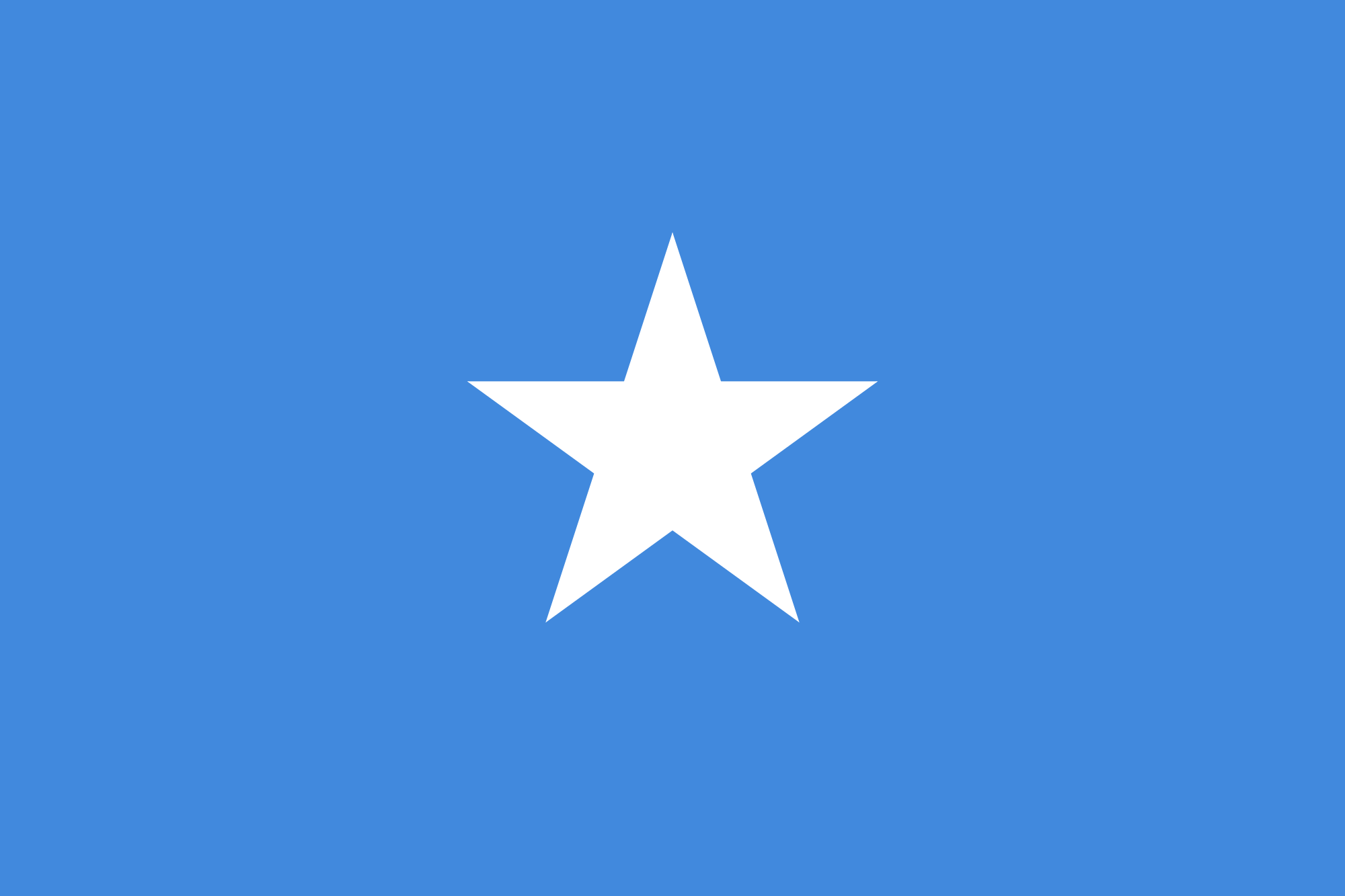Amid ongoing political uncertainty in Somalia, the international community should use a United Nations (UN) review of the country’s human rights record to send a clear message to Somali leaders: there will be no democratic and stable Somalia without an open civic space. Human rights defenders (HRDs), journalists, and other independent actors, who play a vital role in building a rights-respecting Somalia, should be able to work free from fear, DefendDefenders said ahead of Somalia’s third Universal Periodic Review (UPR), which is set for 6 May 2021.
“The last political developments show the fragility of peace and the rule of law in Somalia,” said Hassan Shire, Executive Director, DefendDefenders. “As we just celebrated World Press Freedom Day, all Somali leaders and actors must commit to supporting a free and independent civil society and upholding freedom of expression. There is no path towards sustainable peace outside an open human rights and civic space.”
Civic space remains under intense pressure in Somalia, which is one of the most dangerous places to be a journalist. Ongoing restrictions on journalists’ and HRDs’ work show that the Somali government falls behind on its implementation of recommendations it accepted during its second UPR review, in 2016. Slow progress can in part be attributed to the volatile security situation, but authorities need to do more to ensure a safe and enabling environment for civil society.
Security forces must cease harassing and arbitrarily arresting independent actors. Although the right to free opinion and expression is enshrined in the Provisional Federal Constitution, 2020 amendments to the Media Law, which contain provisions that are ambiguous and prone to misinterpretation, contradict the government’s commitments. Despite President Mohamed Abdullahi Mohamed “Farmaajo’s” announcement of reforms, defamation and national security provisions of the 1964 Penal Code continue to be used to suppress media freedom.
“Somali authorities must do more to protect HRDs from attacks, threats, intimidation, and reprisals,” said Estella Kabachwezi, Advocacy, Research and Communications Manager, DefendDefenders. “The government must act on its commitment to end impunity and ensure effective investigations into, and prosecutions for, all attacks against HRDs, journalists, and media workers.”
Somalia’s UPR takes place amid a political crisis. As the security situation remains precarious, terrorist group Al-Shabaab retains control over parts of the territory, and grave human rights violations continue with impunity, the country is in a political deadlock as political factions have failed to agree on the national election process.
In February 2021, President Farmaajo’s term ended with no clear path towards elections. Opposition parties and several federal member states no longer recognise his authority. In April 2021, the lower house of the Somali parliament, the House of the People, voted a special law to extend federal government mandates, including the President’s, for two years. This move deepened the political crisis, triggered an outbreak of violence in the capital, Mogadishu, and led to emerging fragmentation of the Somali National Army along clan lines. International partners threatened to impose sanctions. On 2 May 2021, the House of the People decided to nullify the special law and return to the 17 September 2020 Electoral Agreement, which will allow for indirect presidential and parliamentary elections. However, distrust and uncertainty remain high.
The UPR is a process set up by the Human Rights Council, the UN’s principal human rights body. Every four-and-a-half years, every UN member state undergoes a review of its human rights record in a process in which it receives recommendations from other states, which it can accept or reject (“note”). Civil society can participate in the process by submitting “alternative reports” and engaging in advocacy at the national and UN levels.
Ahead of the session, DefendDefenders and the National Coalition of Human Rights Defenders Somalia (NCHRD-S) highlighted1 key human rights issues pertaining to freedom of opinion and expression, the media, and HRDs.
For more information, please contact:
Hassan Shire
Executive Director, DefendDefenders; [email protected] or +256 772 753 753 (English and Somali)
Estella Kabachwezi
Advocacy, Research and Communications Manager, DefendDefenders; [email protected] or +256 782 360 460 (English)
Nicolas Agostini
Representative to the United Nations, DefendDefenders; [email protected] or +41 79 813 49 91 (English and French)
1 DefendDefenders, “Somalia: DefendDefenders and the National Coalition (NCHRD-S) submit a UPR report,” 15 October 2020, https://defenddefenders.org/somalia-defenddefenders-and-the-national-coalition-nchrd-s-submit-a-upr-report/ (accessed on 3 May 2021).

